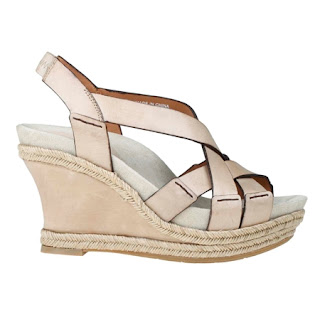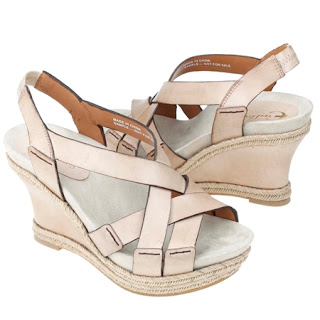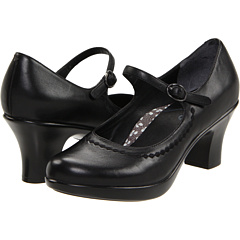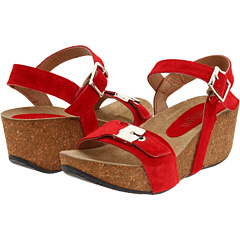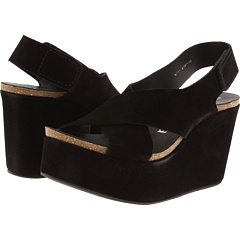DANSKO THEO
Comfort & Style for Men.
Of course there is a story behind this shoe!
One of the Podiatry Students from Midwestern University School of Podiatric Medicine who has been shadowing me this month was wearing a lovely looking Echo dress shoe but I noticed that by the end of the day he was shifting around like his feet hurt.
Although I recommended on several occasions for him to sit down and rest - he declined and continued standing for the entire day while we saw patients.
Foot pain is a common problem for third year medical students because they spend the first two years of school sitting and in the third year they are thrown into hospitals and expected to stand for long hours on hard surfaces.
When I was a third year Podiatry student,
I spent a month shadowing a Podiatrist and my feet and legs were killing me!
At one point, I was so desperate I asked the doctor if I could sit during his patient exams and he refused to let me!
He advised me it was more professional if I remained standing - even though he was sitting!
I remember thinking that it was very odd that a Podiatrist - a person who has devoted his career to foot care - would refuse to let me sit and I promised myself that I would never do that to any students.
Anyway, the student shadowing me this month didn't want to sit -
even when I encouraged him to do so -
(am I that scary??)
He is an excellent student and I respect his tenacity but I hate to see him suffering.
So, he's had to listen to me talk biomechanics all day long to practically every patient for the past month and he showed up on Friday with the Dansko Theos.
I am ashamed to say that I didn't notice at first but one of the office staff (my mother!) admired his new shoes and we checked them and they proved to have excellent biomechanical control.
At the end of the day, the student said they felt fantastic and finally admitted that his feet had been killing him by the end of each day
(I knew it! I have a sixth sense when it comes to foot pain...)
and (yea!) he loved his new Danskos.
He was surprised because he had spent significantly more money on the Echo dress shoes than on the Danskos but I reminded him that it is not how much money you spend - it is knowing what you are looking for in a shoe.
The Echo was a great looking shoe but the
forefoot sole on this particular shoe was thinner and far too flexible.
The Dansko Theo has a thick, rigid sole that does not bend, which allows for much more biomechanical control and therefore - less pain.
It also has a good insert with decent arch support (it can be removed to accommodate a custom-molded orthotic if needed) as well as a wide toebox and great rearfoot control.
Echo is a wonderful shoe line and has many excellent shoes but, like every shoe line, it also has some stinkers.
Hence, the whole purpose of this blog -
finding good looking comfortable shoes that are pathology specific!
Dansko Theo's are Recommended for Patients with:
*Mild to possibly Moderate Bunions
*Mild to possibly Moderate Tailor's Bunions
*Mild to Moderate Hammertoes
*Metatarsalgia
*Mild Morton's Neuroma
*Hallux Limitus/Hallux Rigidus (Limited to No Range of Motion across the 1st Toe Joint)
*Recovery from any Injuries to the Foot - especially the forefoot or the metatarsals
*Mild to Moderate Tendonitis
*Maybe Mild Achilles Tendonitis (It will feel better with a Heel Cup in the shoe if you have Achilles Tendonitis)
*Mild Ankle Instability
*Hypermobility or Ligament Laxity
*Tired Leg Syndrone
*Mechanical Strain
*Mild Knee, Hip or Lower Back Pain
This Shoe is NOT Recommended for Patients with:
*Diabetes with history of Ulcerations
*Neuropathic Feet (Nerve Damage)
*Peripheral Arterial Disease (Poor Circulation)
*Charcot Foot
*Prominent "bumps" on the foot or an excessively high arch (Pes Cavus) - especially if you have an exostosis (bone spur) on the top of your midfoot area. This shoe may rub that area, which will cause irritation.
Overall, I give this shoe a rating of 9
on a scale of zero to ten with ten being the best.
Enjoy your day!
Dr. Cathleen A. McCarthy
:)
A special thank you to the student
(you know who you are little grasshopper!)
for providing me with the information that allowed me to do the review on the Dansko Theo!
